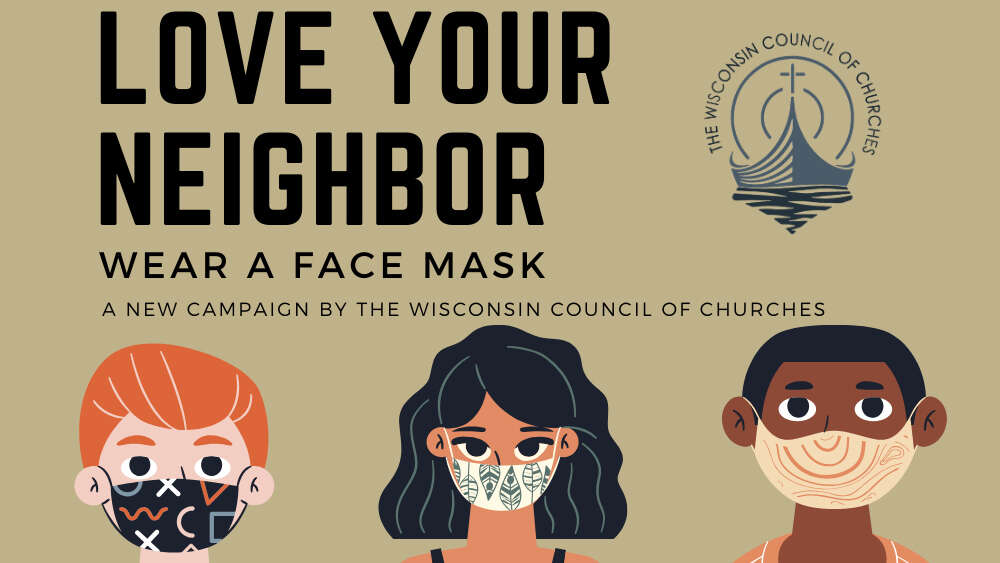Not just Covid: ugly politics and meanness on social media behind US churches' decline
The first good study of church numbers post-Covid in the US confirms what many Christian leaders predicted, that churches have suffered a permanent decline.
The Hartford Institute for Religion Research’s Navigating the Pandemic: A First Look at Congregational Responses shows that churches are not “back to normal”.
- Median church attendance (in-person and online combined) is 65 in 2021 compared to 75 in 2019.
- The decline currently is not as severe as might be expected nor shared equally by all churches.
- 41 per cent of churches had increased donations from members.
- 93 per cent of churches that suspended in-person worship have resumed in-person worship now.
The decline is not charged equally. In certain churches, the decline is happening rapidly, while others are growing. Since 2019:
- 35 per cent of churches reported a decline of 25 per cent or more in attendance.
- Churches that attempted in-person worship only declined the most.
- 22 per cent of congregations had a decline greater than 5 per cent but less than 25 per cent.
- 15 per cent of churches reported relatively stable attendance.
- 28 per cent reported growth over the past two years – 18 per cent of those reported growth of over 25 per cent.
The Hartford survey sampled a total of 38 Christian denominational groups and 2,074 responses from mid-June to August this year.
More than Covid
Church analyst Carey Nieuwhof believes that more than Covid is driving church decline in the states. A lack of building real connection and a failure to equip Christians to be resilient are his first two, and they represent continuing failures in teaching the Bible.
But he adds two more that reflect the current moment. Meanness on social media “I searched for the right adjective to describe the tone of Christian posts I’ve seen this year, and the best one I could come up with was ‘mean’,” Nieuwhof writes.
“What many church leaders forget is that whenever you post, the world is watching.
“That jab you took at someone you don’t like. That right hook you threw at someone who’s different from you. The cynical/angry/sarcastic rant you posted thinking you told everyone what they need to know.”
Linked to this meanness on social media is Nieuwhof’s fourth point, polarised politics.
“I wonder if years from now we’ll talk to people who bailed on the church and realize the exodus during the pandemic and early post-pandemic era wasn’t medically induced, but politically induced.
“More than any other year I can remember, the evangelical church became inflamed politically and ideologically. Regardless of which direction you lean, it wasn’t pretty.
“Having lived and led in a post-Christian culture for decades now (in Canada), my experience is that people who show up at a church in a post-Christian culture (which America is quickly becoming) aren’t looking for my political views or ideological bent—they’re looking for God.”
This morning I looked at an Australian Christian magazine – and the main feature in it was the Melbourne demonstrations against the Daniel Andrews government on vaccine mandates.
There is plenty of room for Christians to criticise the Victorian government and Eternity has carried several pieces, but to lionise the demonstrations is problematic.
Southern Baptists leader Russell Moore put it this way as reported in The Economist: “I think to some degree, there is an understanding in popular culture of ‘evangelical’ as referring to a personal relationship with Jesus Christ.”
As evangelical ministry Ligonier found “only 66 per cent of evangelicals disagree with the statement Jesus was a ‘good teacher, but he was not God.'” This reflects Moore’s concern that evangelical Christianity has morphed into a sociological category defined by politics.
The respected Pew Research Centre has identified nine voter groups in the US ranging from “progressive Left” to “flag and faith” conservatives. The last group is overwhelmingly Christians wanting a more Christian America and forms the strongest supporters of former President Donald Trump.
Mirroring the Left
Theologically conservative Christians have a common criticism of progressive Christians, namely that political activism replaces the gospel. For example, a recent piece by author Trevin Wax in the US edition of the Gospel Coalition site cites George Yancey and Ashlee Quosigk’s new book, One Faith No Longer: the Transformation of Christianity in Red and Blue America, to suggest, “Progressive Christians are more likely to establish their identity through politics, while conservative Christians find their identity in theology.”
This has been the settled view of theologically conservative Christians for some time, certainly since the dominance of liberal positions in the World council of churches in the sixties and the culture war battles in the US “mainline” denominations.
However, the blurring of evangelicalism in the US with a political project – a largely libertarian faction in the Republican party – makes it harder to draw that distinction. Wax bases his thesis that Conservative Christians are less likely to use politics to define themselves than progressives on drawing the line on theological grounds. This writer hopes that this remains a tenable distinction and that evangelical Christianity is NOT swamped by politics.
Another characteristic of the progressive Christians identified by Wax is that they seek to “convert” conservative Christians to their political beliefs. In the present moment, it has to be said that libertarian right-wing Christians are adopting the same tactics.
All Christians are entitled to their varied political beliefs and to engage in promoting them. But in the US at least, given that so many so-called evangelicals are not clear on who Jesus is, it seems that a politically-charged evangelicalism is in danger of being devoured by politics.
Email This Story
Why not send this to a friend?



